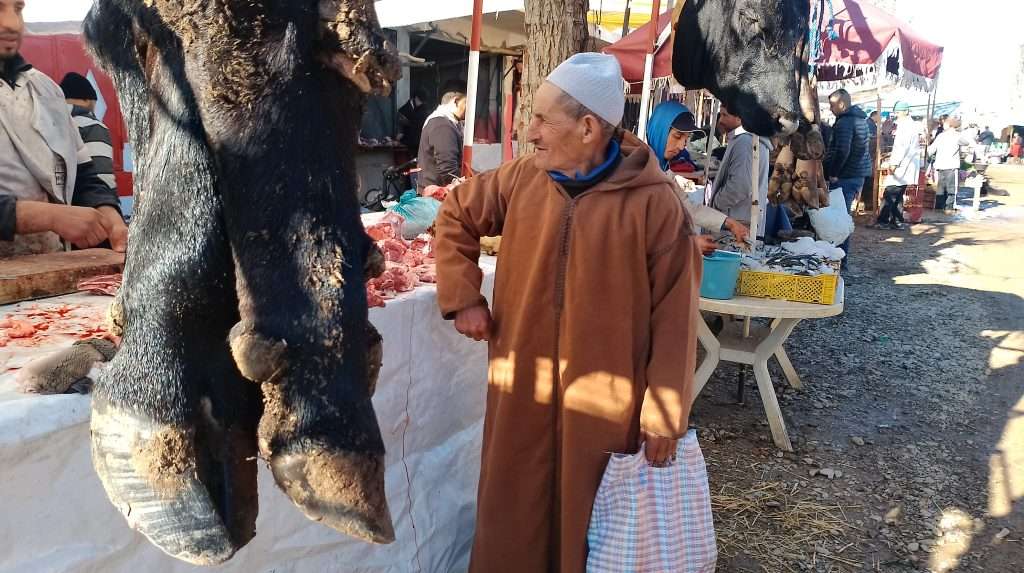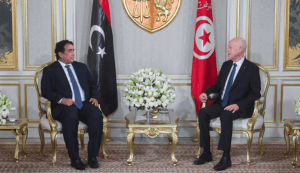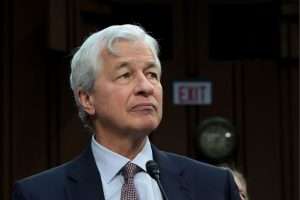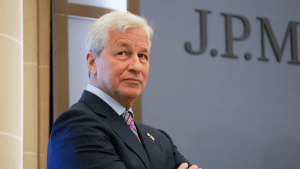Morocco’s Central Bank Acts on Food Inflation

Open air market in Morocco. Photo: Martin Jay
Rising food prices continues to worry Moroccans while central bank governor raises interest rates in a bid to dampen the trend. Many though blame the present government and its head Aziz Akhannouch
Morocco’s Bank Al Maghrib’s (BAM) raised the key interest rate by 50 basis points to 3% in a bid to stem a soaring inflation, reports AFP.
At its first 2023 quarterly meeting, the BAM Board of Directors said that this measure aims to prevent the emergence of self-sustaining inflationary spirals and to further strengthen the anchoring of inflation expectations to promote its return to levels consistent with the objective of price stability.
The Council confirms that it will continue to closely monitor economic developments and inflationary pressures at both the national and the international level.
At this meeting, the BAM Board analyzed the evolution of the national economic situation and the Bank’s macroeconomic projections for the next eight quarters, focusing in particular on the transmission of its recent decisions to raise the key interest rate.
The BAM’s move came as inflation rose again to 10.1% year on year in February 2023 in the North African country, driven by food prices up 20.1%, according to figures from the High Commission for Planning (HCP).
The high price increases of several food products and mainly those of vegetables have largely contributed to this rebound.

“The increases therefore mainly concern “Vegetables” with 17.8%, but also “Fruits” with 5.7%, “Meats” with 4.3%, “Milk, cheese and eggs” with 2.3%, “Oils and fats” with 1.3%, “Coffee, tea and cocoa” with 0.5% and “Mineral waters, soft drinks, fruit and vegetable juices” with 0.3 %,” explained the HCP’s report.
The situation has become so critical that Morocco has restricted tomato exports since late February with a total ban in place for one week in late March to lower domestic prices, the head of the country’s main fruit and vegetable exporters’ group said on March 24th, reports Reuters.
Compared to January 2023, inflation rose by 1.7%, the result of the 3.9% increase in the food products index and the stagnation of the non-food products index.
Soaring food prices are proving a further concern for Moroccan consumers celebrating the holy month of Ramadan.
“The price of tomatoes, which is the main ingredient in our traditional soup (harira), is still very high,” said Houcine Regragui, a father of four children.
“This is a government that promised to improve our standard of living. But instead, we are being punished very hard for voting for Aziz Akhannouch’s party,” he added.
AFP/Reuters
Want to chase the pulse of North Africa?
Subscribe to receive our FREE weekly PDF magazine















